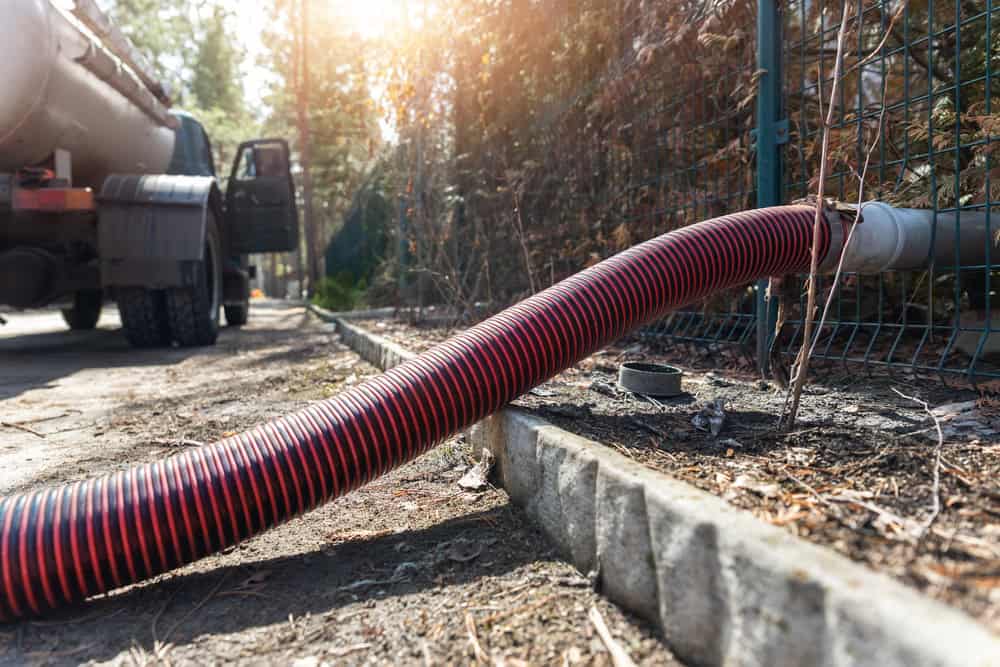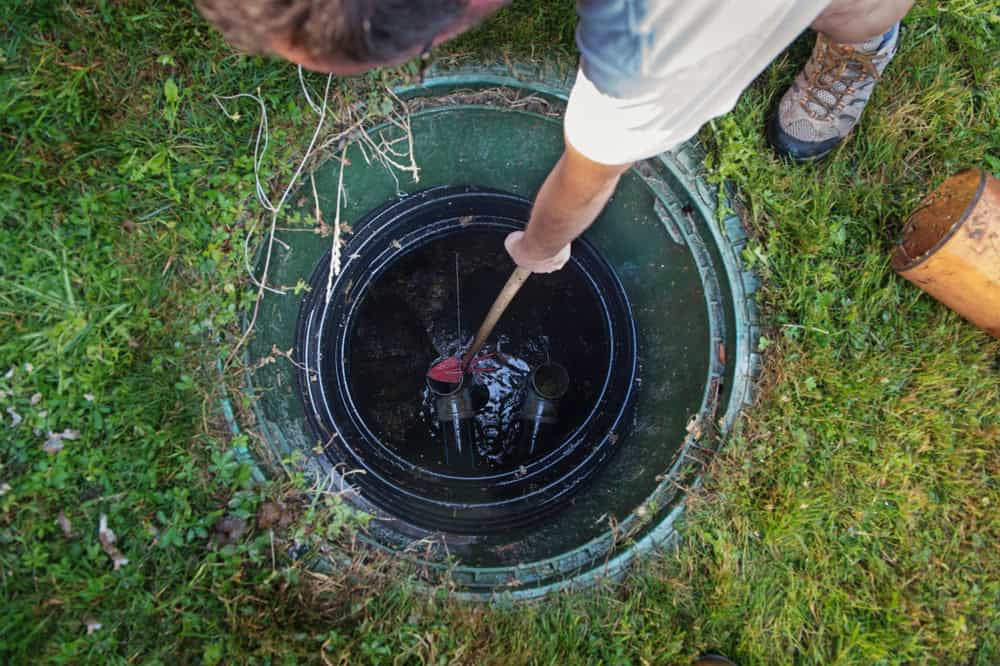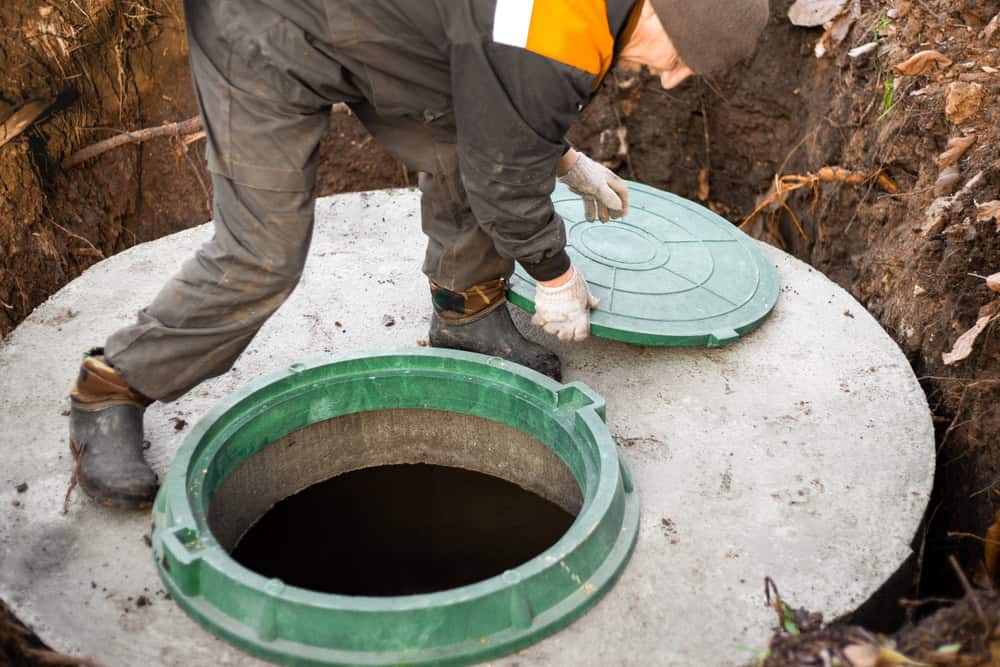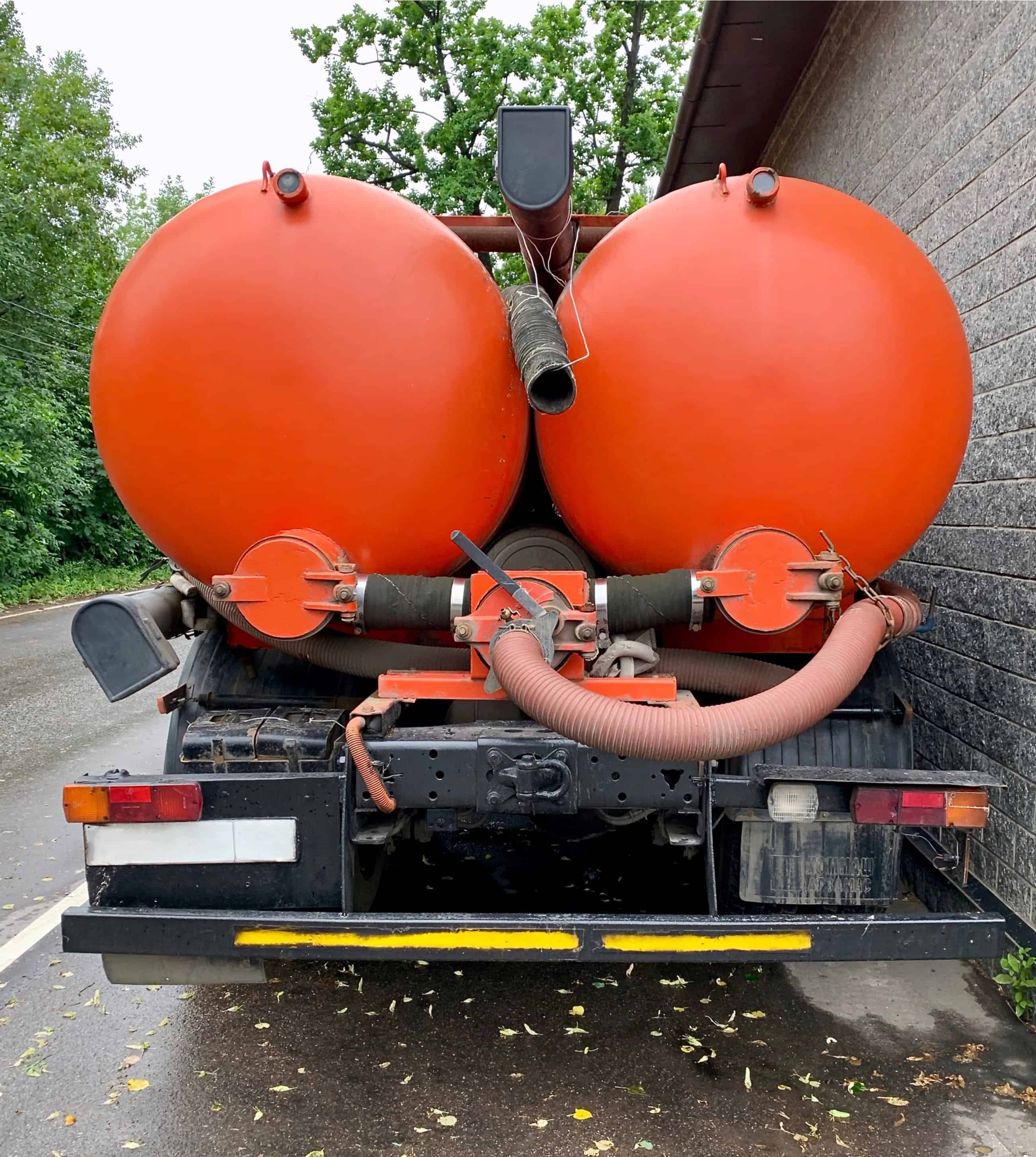
Hear from Our Customers

Your cesspool system works behind the scenes until it doesn’t. When that happens, you’re looking at thousands in repairs, potential property damage, and the kind of mess nobody wants to deal with.
Regular cesspool maintenance keeps everything flowing smoothly. You avoid the slow drains that turn into backups. No more mysterious odors around your property. No pooling water in your yard that signals bigger problems brewing underground.
Most importantly, you protect your investment. A failing cesspool system can drop your property value by 10-20%. That’s real money you lose when it’s time to sell, not to mention the stress of dealing with emergency repairs when you’re trying to close on a house.
We’ve been serving Nassau County families for four generations. We’re based right here in Locust Valley, so we understand the specific challenges that come with Long Island’s soil conditions and water table.
We’re not the company that shows up, pumps your tank, and disappears. We know these systems inside and out because we’ve been maintaining them since your grandparents’ generation. That experience means we catch problems early, before they turn into expensive disasters.
Being local matters more than you might think. We know Nassau County’s regulations like the back of our hand. We understand what inspectors are looking for during property transfers. And when you need us, we’re here—not dispatching a truck from two counties away.

First, we locate and access your cesspool system. Many homeowners don’t even know exactly where their system is located, so we handle that part. We carefully prepare the access area without disturbing your landscaping.
Next comes the actual pumping and inspection. We don’t just remove waste—we evaluate your system’s condition while we work. This is where our experience shows. We can spot potential problems like structural damage, distribution line issues, or waste accumulation patterns that signal trouble ahead.
Finally, we give you a clear picture of what we found. No technical jargon or scare tactics. Just straight talk about your system’s condition and what, if anything, needs attention. If there are issues, we explain them in plain English and give you realistic timelines for addressing them.

Ready to get started?
Our maintenance service covers everything your cesspool system needs to function properly. Regular pumping removes accumulated solids before they cause backups. Thorough inspections catch structural problems, pipe damage, and absorption issues early.
We also handle the paperwork side that many homeowners forget about. Nassau County requires documentation for pump-outs and inspections. Missing these reports can cost you $250-$2,000 in fines. We make sure you stay compliant without having to track regulations yourself.
For Locust Valley homeowners, this matters even more during property transfers. Real estate transactions regularly stall when cesspool inspections reveal problems. We help you avoid those delays by keeping your system properly maintained and documented throughout the year.

Most cesspool systems need pumping every 2-3 years, but it depends on your household size and usage patterns. A family of four typically hits that 2-3 year mark, while smaller households might stretch it to 4 years safely.
Nassau County actually requires regular pumping, and missed pump-outs can result in fines ranging from $250 to $2,000. We keep track of your service history so you don’t have to worry about staying compliant.
The key signs that you need pumping sooner include slow drains throughout the house, sewage odors near your cesspool area, or wet spots in your yard where the system is located. Don’t wait for these warning signs—they mean you’re already pushing the limits of your system’s capacity.
Skipping maintenance is expensive in ways most homeowners don’t realize until it’s too late. The immediate problem is system backup—sewage coming up through drains or overflowing in your yard. That’s not just unpleasant; it’s a health hazard that can cost thousands to clean up properly.
Beyond the emergency mess, neglected cesspools fail completely. When that happens, you’re looking at full system replacement, which can run $15,000-$25,000 depending on your property’s conditions. Compare that to a few hundred dollars for regular maintenance.
There’s also the property value hit. A failing cesspool system can drop your home’s market value by 10-20%. If you’re planning to sell in the next few years, that’s real money lost because you skipped routine maintenance that would have kept everything functioning properly.
The most obvious signs are plumbing problems throughout your house—multiple drains running slowly, toilets that don’t flush properly, or gurgling sounds from your pipes. These usually mean your cesspool is full or there’s a blockage in the distribution lines.
Outside your house, look for wet spots or unusually green grass near your cesspool area. Sewage odors around your property are another red flag. These symptoms often indicate structural damage or overflow conditions that need immediate attention.
Less obvious but equally important are the regulatory compliance issues. If your system hasn’t been inspected recently and you’re planning any home renovations or property sale, you might discover problems during required inspections. Getting ahead of these issues with regular maintenance prevents delays and unexpected expenses.
You can handle some basic maintenance like monitoring what goes down your drains and watching for warning signs, but the technical work requires professional equipment and expertise. Cesspool pumping involves specialized vacuum trucks and proper waste disposal that homeowners can’t do themselves.
More importantly, Nassau County regulations require licensed professionals for pumping and major maintenance. DIY attempts can actually void your compliance and lead to fines. Professional service also includes the required documentation and reporting that keeps you on the right side of local regulations.
The inspection component is crucial too. We can spot structural problems, distribution line issues, and early signs of system failure that aren’t obvious to homeowners. Catching these problems early saves thousands compared to waiting until they cause complete system failure.
Pumping removes the liquid and solid waste that’s accumulated in your cesspool tank. It’s the regular maintenance that prevents overflow and keeps your system functioning. Most systems need pumping every 2-3 years depending on usage.
Cleaning goes deeper—it includes pumping plus removing built-up sludge, debris, and materials that regular pumping might leave behind. Cleaning also involves inspecting and clearing distribution lines, checking for structural damage, and ensuring proper flow throughout the system.
Think of pumping as your regular oil change, while cleaning is more like a complete tune-up. Both are important, but cleaning becomes necessary when you’ve had problems, when preparing for inspections, or when a system hasn’t been properly maintained for several years. We’ll recommend the right service based on your system’s current condition.
Local companies understand Nassau County’s specific regulations, soil conditions, and permitting requirements. We know what county inspectors look for, how to handle the paperwork, and what compliance really means for Long Island homeowners.
Response time matters when you have a cesspool emergency. We’re based right here in Locust Valley, so we can get to you quickly when problems arise. Companies from other counties might take hours to reach you, and time matters when you’re dealing with sewage backups.
There’s also the relationship factor. We’ve been serving this community for four generations. Our reputation depends on doing right by our neighbors, not just completing jobs and moving on. When you need follow-up service or have questions months later, you’re calling people who know your system and your property’s history.
Most cesspool systems need pumping every 2-3 years, but it depends on your household size and usage patterns. A family of four typically hits that 2-3 year mark, while smaller households might stretch it to 4 years safely.
Nassau County actually requires regular pumping, and missed pump-outs can result in fines ranging from $250 to $2,000. We keep track of your service history so you don’t have to worry about staying compliant.
The key signs that you need pumping sooner include slow drains throughout the house, sewage odors near your cesspool area, or wet spots in your yard where the system is located. Don’t wait for these warning signs—they mean you’re already pushing the limits of your system’s capacity.
Skipping maintenance is expensive in ways most homeowners don’t realize until it’s too late. The immediate problem is system backup—sewage coming up through drains or overflowing in your yard. That’s not just unpleasant; it’s a health hazard that can cost thousands to clean up properly.
Beyond the emergency mess, neglected cesspools fail completely. When that happens, you’re looking at full system replacement, which can run $15,000-$25,000 depending on your property’s conditions. Compare that to a few hundred dollars for regular maintenance.
There’s also the property value hit. A failing cesspool system can drop your home’s market value by 10-20%. If you’re planning to sell in the next few years, that’s real money lost because you skipped routine maintenance that would have kept everything functioning properly.
The most obvious signs are plumbing problems throughout your house—multiple drains running slowly, toilets that don’t flush properly, or gurgling sounds from your pipes. These usually mean your cesspool is full or there’s a blockage in the distribution lines.
Outside your house, look for wet spots or unusually green grass near your cesspool area. Sewage odors around your property are another red flag. These symptoms often indicate structural damage or overflow conditions that need immediate attention.
Less obvious but equally important are the regulatory compliance issues. If your system hasn’t been inspected recently and you’re planning any home renovations or property sale, you might discover problems during required inspections. Getting ahead of these issues with regular maintenance prevents delays and unexpected expenses.
You can handle some basic maintenance like monitoring what goes down your drains and watching for warning signs, but the technical work requires professional equipment and expertise. Cesspool pumping involves specialized vacuum trucks and proper waste disposal that homeowners can’t do themselves.
More importantly, Nassau County regulations require licensed professionals for pumping and major maintenance. DIY attempts can actually void your compliance and lead to fines. Professional service also includes the required documentation and reporting that keeps you on the right side of local regulations.
The inspection component is crucial too. We can spot structural problems, distribution line issues, and early signs of system failure that aren’t obvious to homeowners. Catching these problems early saves thousands compared to waiting until they cause complete system failure.
Pumping removes the liquid and solid waste that’s accumulated in your cesspool tank. It’s the regular maintenance that prevents overflow and keeps your system functioning. Most systems need pumping every 2-3 years depending on usage.
Cleaning goes deeper—it includes pumping plus removing built-up sludge, debris, and materials that regular pumping might leave behind. Cleaning also involves inspecting and clearing distribution lines, checking for structural damage, and ensuring proper flow throughout the system.
Think of pumping as your regular oil change, while cleaning is more like a complete tune-up. Both are important, but cleaning becomes necessary when you’ve had problems, when preparing for inspections, or when a system hasn’t been properly maintained for several years. We’ll recommend the right service based on your system’s current condition.
Local companies understand Nassau County’s specific regulations, soil conditions, and permitting requirements. We know what county inspectors look for, how to handle the paperwork, and what compliance really means for Long Island homeowners.
Response time matters when you have a cesspool emergency. We’re based right here in Locust Valley, so we can get to you quickly when problems arise. Companies from other counties might take hours to reach you, and time matters when you’re dealing with sewage backups.
There’s also the relationship factor. We’ve been serving this community for four generations. Our reputation depends on doing right by our neighbors, not just completing jobs and moving on. When you need follow-up service or have questions months later, you’re calling people who know your system and your property’s history.